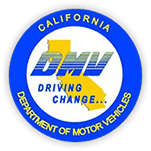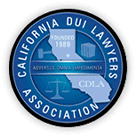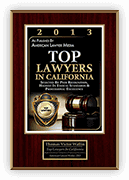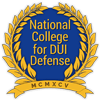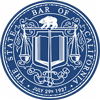Most California drivers are aware that driving impaired is illegal. But how do you define “driving?” For instance, what happens if the police find you passed out in your vehicle?
California DUI law (California Vehicle Code §§23152 and 23153) requires that the defendant “drive” a motor vehicle in order to be convicted of driving under the influence. In some case, this is very clear; in other circumstances, such as the case of a passed out driver described above, it is not so clear.
As a result, the California courts have interpreted the law to determine the definition of driving for purposes of conviction. The following are some of the interpretations of the term “driving.”
In essence, actual physical control means the defendant must physically be in or near the vehicle and have the capability to operate the vehicle, regardless whether he or she operated the vehicle at the time of the arrest.
Under the definitions described above, it is still possible for a California driver to be charged with DUI in a parked car. For instance, if the engine was on, the parking brake released, and the impaired person was behind the wheel, these circumstances could constitute “driving.”
Therefore, if you cannot call a cab or find a sober driver to pick you, the best idea may be to place the keys in the trunk and lay down in the back seat.
If you are arrested for California DUI in a parked car, it is important to hire an experienced California DUI/DWI attorney who will be able to raise doubts about whether you were actually “driving.”


